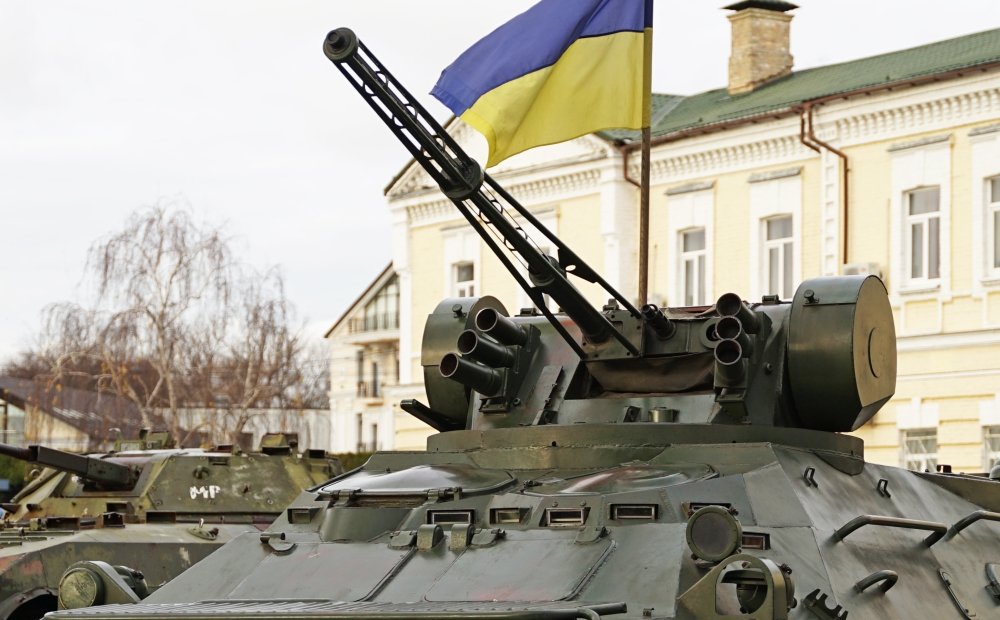The Ukraine Crisis and the Balkans: What Changes ... and What Doesn't?

Russia's unprovoked invasion of Ukraine is an "everything changes" moment for the world. So, what has changed in the Balkans? What special risks does the Ukraine crisis hold for the region:
• for front-line states (including Slovakia, nearby to and engaged in the Balkans)?
• for states with close relations with Russia?
• for states locked in ethno-national disputes?
Have opportunities opened for the US and EU? Or has less changed than one might have anticipated?
This special Johns Hopkins SAIS-Foreign Policy Institute event featured accomplished experts from across the entire region. This event is co-sponsored by the Wilson Center and the Transatlantic Leadership Network.
Moderator:
Edward P. Joseph, Lecturer & Senior Fellow, JHU SAIS FPI
Speakers:
- Albania: Arian Starova, President, Atlantic Council of Albania; former Deputy Minister of Defense
- Bosnia-Herzegovina: Srecko Latal, Contributor, Balkan Insight; Researcher, Balkans Crossroads
- Bulgaria: Plamen Pantev, Professor, Sofia University
- Croatia: Jasmina Kuzmanovic, Correspondent, Bloomberg News
- Greece: Ioannis Armakolas, Senior Research Fellow, Eliamep
- Kosovo: Lulzim Peci, Executive Director, KIPRED
- Montenegro: Srdjan Darmanovic, Professor, University of Montenegro; former Foreign Minister (will join as possible during travel)
- Montenegro: Zlatko Vujovic, Assistant Professor, University of Montenegro
- North Macedonia: Ognen Vangelov, Professor, University American College, Skopje
- Romania: Oana Popescu-Zamfir, Director, Global Focus
- Romania: Mihai Sebe, Head of European Unit, European Institute of Romania
- Serbia: Milena Lazarevic, Program Director, European Policy Centre
- Slovakia: Jan Cingel, CEO, Strategic Analysis
- Turkey: Ozgur Ozdamar, Associate Professor, Bilkent University
- Turkey: Aylin Unver Noi, Associate Professor, Halic University
Moderator

Hosted By

Global Europe Program
The Global Europe Program is focused on Europe’s capabilities, and how it engages on critical global issues. We investigate European approaches to critical global issues. We examine Europe’s relations with Russia and Eurasia, China and the Indo-Pacific, the Middle East and Africa. Our initiatives include “Ukraine in Europe”—an examination of what it will take to make Ukraine’s European future a reality. But we also examine the role of NATO, the European Union and the OSCE, Europe’s energy security, transatlantic trade disputes, and challenges to democracy. The Global Europe Program’s staff, scholars-in-residence, and Global Fellows participate in seminars, policy study groups, and international conferences to provide analytical recommendations to policy makers and the media. Read more
